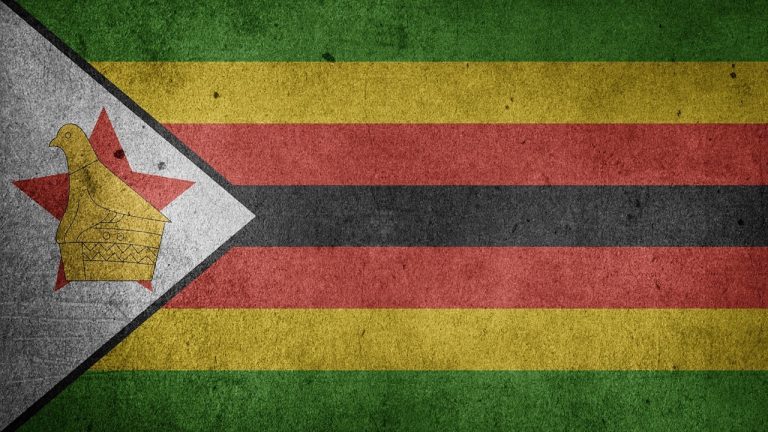
Physical and digital gold tokens have been a big success as investments and an inflation hedge in Zimbabwe, which continues to face triple-digit inflation.
The Reserve Bank of Zimbabwe (RBZ) expects to launch its gold-backed digital token (GBDT) for retail use soon, the RBZ has stated. This follows the token’s success with investors, which the bank described as “commendable” in a recent report.
The RBZ announced the introduction of the GBDT in April and had conducted 11 issuances representing 325 kg. of gold by July 21, according to a mid-term financial report the bank released on Aug. 9. The tokens are backed by physical gold held by the RBZ.
Now the GBDT “shall be scaled up to be used for transactional purposes by the public.” The RBZ said:
“The Bank is at an advanced stage in preparations for the rolling out of GBDTs for transactional purposes in Phase II of the project. […] It is envisaged that the transactional phase will see GBDTs complimenting [sic] the demand for the US dollar in domestic transactions as retailers will be offered a safer, more convenient, and value-preserving medium of exchange.”
The GBDT issuance came after the RBZ began issuing physical gold coins last year. Those were snatched up by investors and only 2% of them have been redeemed, the RBZ said. The GBDT offers the advantages of divisibility and increased security, the bank claimed.
Related: Crypto offers Africans a ‘lifeline’ from inflation and corruption, say execs
Inflation in Zimbabwe reached 175.8% in June after the bank adopted a new benchmarking index. The RBZ set its interest rate at 150% that month. The U.S. dollar is heavily used in local trade.

The RBZ has been pursuing a central bank digital currency (CBDC) since July 2022 and said it is making steady progress. It conducted a survey that found 71.7% of respondents would be willing to use it. The GBDT would “form the basis for the development” of a CBDC as it “exhibits most of the characteristics of a CBDC.”
Today's #Fintech Digest includes the Reserve Bank of Zimbabwe preparing to roll out its gold-backed digital tokens for transactions, and some fake news about #Ripple working with the Reserve Bank of New Zealand on #CBDC development on the #XRP Ledger. https://t.co/SFR6O90maT pic.twitter.com/aw8IeCkiSj
— John Kiff (@Kiffmeister) August 14, 2023
Magazine: Bitcoin in Senegal: Why is this African country using BTC?












